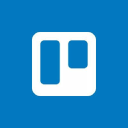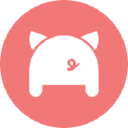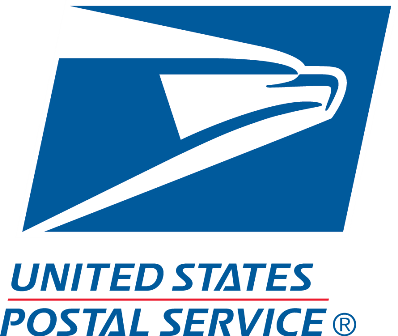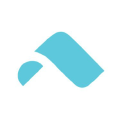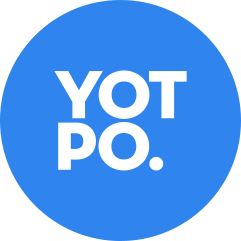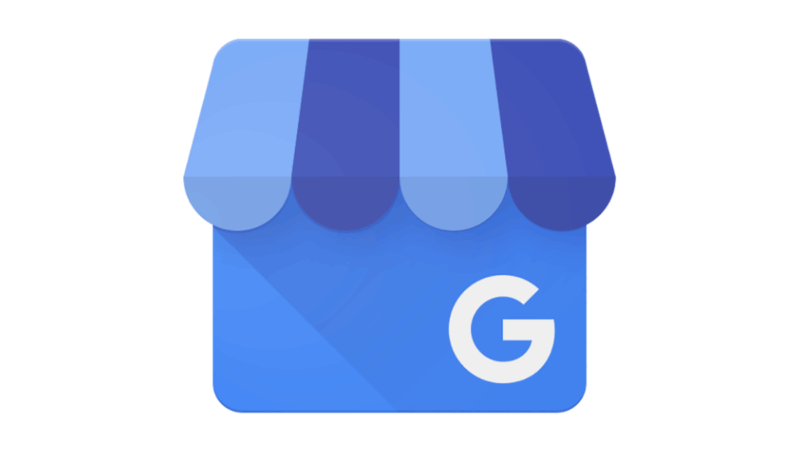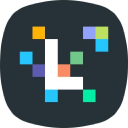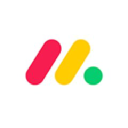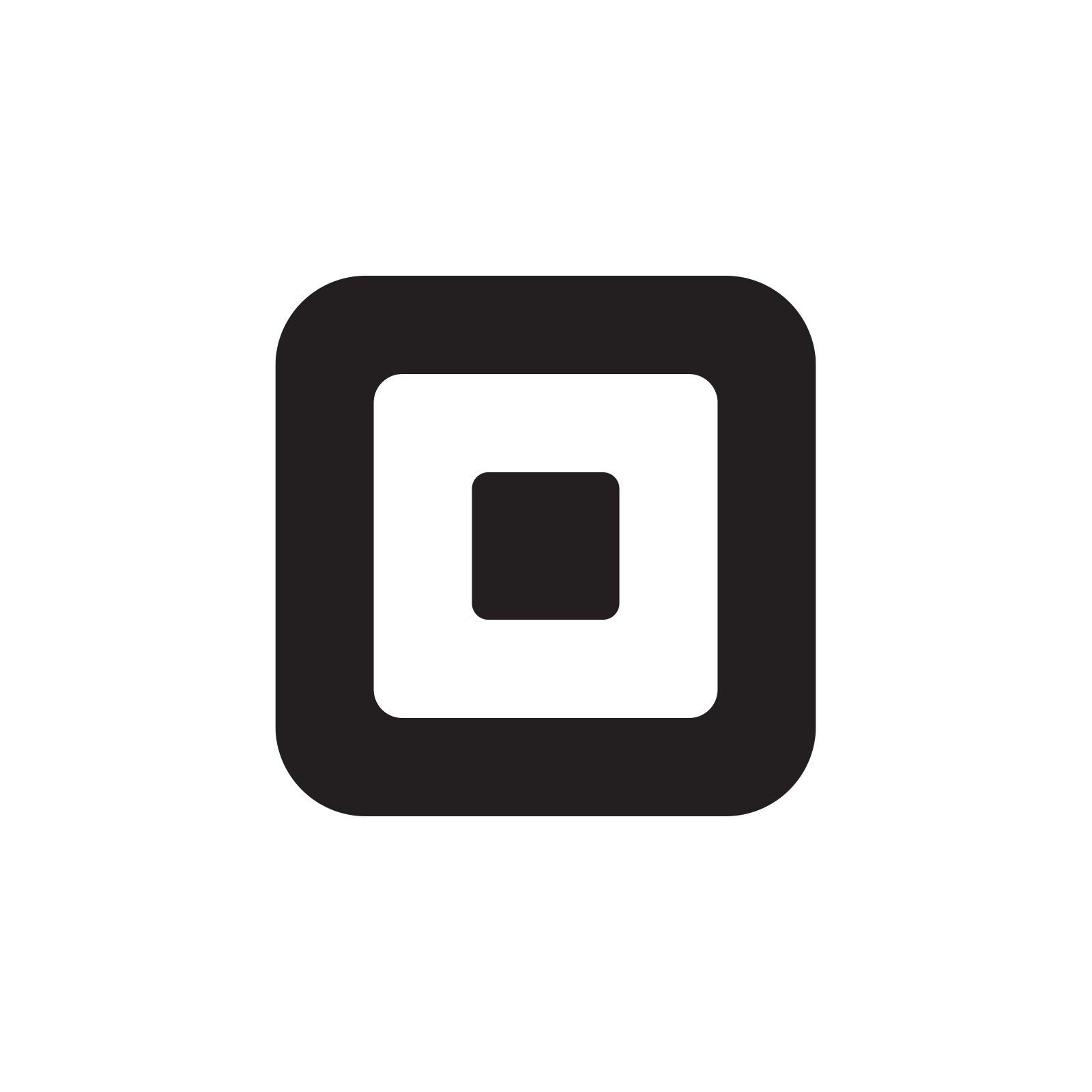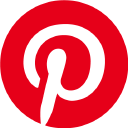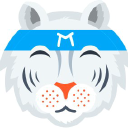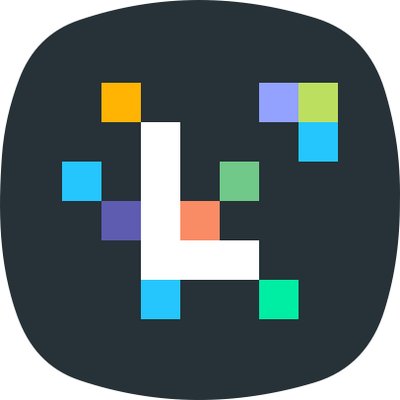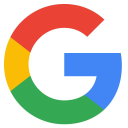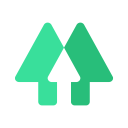
How I Started A $10K/Month All-Natural CBD Oils And Butters Brand
Hello! Who are you and what business did you start?
Hi. I am Lauren Forsch and I formulate, manufacture and provide handmade, all-natural, small-batch CBD products in the health and wellness industry via e-commerce.
Popped.NYC’s flagship product is our super-effective CBD body butter. It is handmade from only six natural ingredients. Our signature scent is peppermint and is found in our entire inaugural product line.
Popped.NYC’s customers are 66% female and 33% male/unidentified. They are aged 25-64 on social channels, and 55+ via email and phone order. Our customers suffer from a host of illnesses and aches from workout pain to terminal disease, and everything in between. Many of our customers suffer from inflammatory diseases such as auto-immune, arthritis, and sustained chronic pain.
While we have had months where our sales revenue topped $20,000; this month, we struggle to clear $2,000. This is due to setbacks from COVID-19 - we were due to expand our successful in-person retail pop-ups, but also being in a stigmatized industry - we lost our credit card processor for the summer months. Ouch! If we were measuring by dollars alone, we would be worried, but we know that these setbacks help us build a stronger business.

What’s your background and how did you come up with the idea?
I was thrifty from a young age and by 10 I had saved up a thousand dollars. I loved going to the bank and depositing money and feeding my passbook through the printer to see my new balance. Ah, the ’80s, those were the days!
Find a solid support system. Mentors, investors, peers for encouragement and help keeping those booster rockets firing in the right directions.
My first job was working reception. Later, I was fired from a clerical job after a week. I spent a summer in retail at the mall and spent two years teaching and managing a Hebrew School.
After trying a few schools I settled down at the University of Florida where I became a member of Phi Mu Fraternity. I studied advertising with a handful of business classes to my father’s approval - yup, I need a lot of validation. Can you relate?
After school, I moved to New York and took a job in publishing - because advertising was way too sexist. My favorite job was working as a graphic designer at Scholastic. It really felt like I was living “13 going on 30” - working with smart, nice women.
After a round of layoffs, I went back to Scholastic but the financial roller coaster of freelance life made me ill - literally, I couldn’t eat. People were saying how skinny/amazing I looked as if that were a consolation. It was. Blarg! I found a job with Herff Jones and spent 10 years in scholastic journalism, advising teachers and teaching students about publication design, copywriting, and production. It was extremely rewarding - personally and professionally. I love working with teachers - they are largely extremely patient and kind.
Although the schedule was ideal for raising children I didn’t see a future in the industry and decided that if I was going to stay with publishing I needed corporate experience. I went to RR Donnelley, a Fortune 300 company where I learned much about efficiency and structure - but it took a little piece of my soul. The laypeople were great but the leadership was an old boys club and the atmosphere was at best sterile. The glory days of magazine publishing were over and the company was trying to figure out how to pivot. Basically, the same thing I had left in yearbooks at a larger scale.
The money was great but there was no camaraderie, no energy, no mentorship opportunities. In fact, I helped start a women’s networking group where the lead women were disempowering toward one another - well, towards me anyhow. I was called fun names like “opportunistic” and told it wasn’t an insult. Check Webster, lady!
I knew I was going to be laid off. I missed creating things since the job was strictly sales. One night, at a neighborhood Halloween party for my community’s children, I told a fellow parent about my pipedream to open an artist cooperative for locals. He had access to space and encouraged me to pitch it to the board. I did and a few weeks later I opened my first retail space. Think brick and mortar Etsy. It was unsustainable, but it provided me an education in retail, products, and consumerism that was fascinating. And that was how I discovered that some people were willing to spend money on handmade, natural products - like body butter.
I spent months studying cannabis, networking with the few people I met that were out of the green closet. I was trying to navigate the space. I spoke with the makers I knew from my store and tried to spark interest in collaboration. I hosted weekly meetings with out of work friends singing the cannabis gospel.
And then I went to California to visit family. Vaping was all around me, it was nuts. Everyone had one, little puffs of vapor everywhere. I got one and brought it back to NY. All of a sudden people were interested in talking about cannabis because they could see my Bat Signal of vapor and sidle up to me. I had to figure out how to distribute cartridges - that was mine in. So, I went to a Women Grow meeting and walked up to the girl with the big sign that said vapes and after a few minutes, I exchanged $400 for a bundle of vape cartridges. Then I purchased a sign for $50 and rented a booth at Hester Street Fair for $85 + table and chair. It didn’t take long to break even on that first Saturday.

And there I was, getting paid to do market research for my company. With the sale of the vapes, I had an opportunity to have conversations with consumers who wanted CBD and didn’t know how to get it or who to trust. The biggest thing missing in the market was a topical product so I decided that would be my inaugural product. I tested the products weekly at the fair.
I chose body butter because this product is not regulated in the same way that others are. Originally I wanted to make edibles but I realized with the regulation of the food industry - which I didn’t have experience - it would be an extra obstacle.
Take us through the process of designing, prototyping, and manufacturing your first product.
Confession time, I found my recipe online! The formula we started with was public domain information. I played around with simple, natural ingredients until I got a product that Popped! Once we had our own unique, great smelling body butter blend it was time to think of packaging. My competitors were using plastic but I couldn’t go there. I found a supplier with old fashioned looking hexagon jars. We then found hexagon boxes to ship the jars in and it spoke to us of good design and the material gave me a grounded earthy feel while the shape seemed elevated compared to the competition. The hexagon also calls on the shape of the molecular structure of CBD and the floor tiles in my bathroom. Sacred geometry.
I previously worked in manufacturing - printing - and I know that variations and equipment can be barriers to entry. So, I made my products as simple as possible, using a crockpot. That way when we scale to a larger facility I won’t need to worry about cooking gas - ConEd in NYC can keep your biz on hold for 6-12 months if you aren’t lucky.
So, here’s the skinny, we live in a 1,100 SF apartment - 2 adults, 2 kids, 1 dog, lots of neighbors coming and going. Finding time to manufacture is very challenging. Especially when both kids are homeschooling. We make all of our products in the home kitchen - after a thorough scrub down.
I decided not to go for any patents because at the end of the day anyone can come up with my formula. What makes it special is the combination of things and the people behind it. We are not trying to be the biggest company with the most market share - our goal is to corner a niche and cater to them.
All of this was self-funded out of my vape sales. Most of my orders were at the fair or picked up at my home, creating a lot of traffic which was fun, but exhausting as we began to grow. Covid actually complimented our shift away from home pickups as we shifted primarily to web orders with delivery.

Describe the process of launching the business.
We didn’t really have a launch, it was very gradual. It took us months to get the images for the website and write the copy. I think the concept of launching means you give something a lot of energy and launch it out to the universe. The launch is fiery, thrilling, and nerve-racking but critical to put yourself on the right trajectory. For me, that meant I didn't rush important things. I also didn’t feel too committed to any specific software. Also, we e had events that let me monitor and measure responses to Popped.NYC
Cannabis called to me as a greatly underappreciated opportunity. Legally my options were limited. Hemp is used for rope, paper, and lots of other things but it didn’t quite fit the bill. My company is an extension of myself. I want to succeed, of course, but more importantly, I want to help. Myself and others. Cannabidiol, CBD, was legal and beneficial to human physical and emotional well being! POP! I went all in. And I love it!
Since launch, what has worked to attract and retain customers?
In-person sales worked best so far, but that’s not available these days. Our next best strategy, the one we’ve used since the beginning, is email marketing. We do the little things, such as personalized notes sent with every order. Immediate responses to questions and concerns are surprisingly effective. On rare occasions I call lapsed customers - the rejection was tough but the reward was worth it.
- Personal notes with orders
- Free upgrades to let them know we care
- When I had a private office for three minutes I actually called lapsed customers - the rejection was tough but the reward was worth it
Keep a work journal. Even if it’s just a few notes every day. By your company’s first anniversary, that record of all you’ve learned, the success & failures, tips, and tricks are a combination of that book you were going to write, the company manual, and your marketing calendar.
Learn all you can about marketing, SEOs, and other specialized tools for your business. Then, get help when you need it because you don’t have time for that shit! You’re a CEO! Seriously, get advice from others but know when to listen and when not to.
So, my products and brand have a squeaky clean image, but CBD is cannabis and treated like it by banks and the internet. I’m banned from ads on Facebook and Instagram. I was just able to run my first ads on Pinterest and they haven’t driven sales yet but the traffic is great so far.
I’ve found that partnering with individual brands is too much work for now though I do have a few fellow founders that we shout out to one another. I’ve created a referral program where anyone can have influenced status!
We have sent out a weekly newsletter semi-consistent for the last few years with breaks from time to time. I was not seeing any return in that effort but I knew that was our best chance to reach our customers so I have just hired an email marketing agency. It’s expensive and it is too soon to tell if it will have an ROI.
I hired a team of interns to do social media marketing. By the end of our time together I had no finished pieces but I do have a clearer understanding of what needs to be done.
I’m using dojomojo to build my email list. We were kicked off Mailchimp, found Klaviyo. Segmentation was always something that scared me because I thought it was something I had to go through each email and remember who the person was and how I met them but Klaviyo makes it super simple and following their advice I got my open rate back up to 20%.
You can't just coast along from a single launch. You need booster rockets to keep you going. We are continually looking to improve, relaunch the old and bring out new products and experiences for our customers.
For example one of our newest products is a CBD roll-on. After finding great packaging it took some time to develop the label. We started simple, just the Popped logo and list of ingredients. As popularity for this product grew, it earned the well-designed sticker label it has today.

How are you doing today and what does the future look like?
Due to issues with the merchant processor, our website was down for two months. we had no revenue. Back online this month and sales coming in due to SEO put in place
Our return users seem to be on hiatus while we wait for our traffic to grow. To get our click rate back up, we’re investing in content (including AI-generated quizzes).
I’m investing in email marketing, SEO, and Pinterest marketing in the next 3-6 months. I’m using an aggressive wholesale strategy for accounts. And have hired a sales rep who approached me who has experience with lead generation. She is based in the Philippines and if this works out I will be thrilled. But, you know, it’s 50/50.
Short term - online sales to 10k+ a month with aggressive online growth, carefully firing our booster rockets until we’re orbiting a strong consumer base.
Long-term - Sales are important but as a family business, we’re looking to expand shipping operations beyond our home - partnering with wholesale markets and distributors - Brand extensions into the wellness category.
Through starting the business, have you learned anything particularly helpful or advantageous?
I got the eidl loan and decided to invest in marketing:
- $2k for Alibaba.com which is not running efficiently
- $5k for SEO over x months
- $1k for marketing consultant - content strategist
- $7.5 for a marketing consultant
Two words: Wholesale.
Have made friends who care about the biz and cheer me on.
You have to take care of yourself. Put yourself on your list of priorities. AND learn to say “no.”
I was born lucky and that isn’t likely to change. But once you are in the biz mindset, you can’t show your cards because people will use your humility against you.
Trust no one and have no secrets.
What platform/tools do you use for your business?
Soooo many:
- Shopify (I’ve used WordPress, Square, and tried Wix)
- Klaviyo (Mailchimp kicked us off)
- recharge
- Later
- Hubspot
- We have tried Monday and airtable and Trello and we will use those as our team grows but we found some of it was too big for a team of 2-3.
- YotPo - Reviews
What have been the most influential books, podcasts, or other resources?
Weeds, of course. Team Nancy all the way! When I saw that final episode I saw my business future - with less.
It all started with Lean IN, then I met and had signed a copy of Nicole Lapin Rich Bitch.
Rachel Hollis’s ability to just be her goofy self on the cover of books was impressive. Tina Fey’s Bossy Pants made success feel accessible.
Advice for other entrepreneurs who want to get started or are just starting?
Are you really just starting out? You’ll think you are starting from scratch but you’ve got a lifetime of experience behind you. Remind yourself that you like a challenge and if things are really hard - your health is taking a toll - then this doesn’t align and you need to rewind. That’s my mental note to stop, go back to the last thing that triggered me, resolve it, and move forward again.
- Know thyself: Take a good hard look at yourself
- Take every no you’ve heard, every insult: write them down
- Now take every compliment, write them down
- Learn soft skills and hard skills
- Find a solid support system. Mentors, investors, peers for encouragement and help keeping those booster rockets firing in the right directions
Are you looking to hire for certain positions right now?
We’re looking for an independent sales rep to carry our line.
I daydream about finding a co-founder (who brings equity) or apprentice (who earns equity). Someone to share this journey with. A working wife.
Where can we go to learn more?
- Website
- Email me for collaboration, advice + friendship!

Download the report and join our email newsletter packed with business ideas and money-making opportunities, backed by real-life case studies.

Download the report and join our email newsletter packed with business ideas and money-making opportunities, backed by real-life case studies.

Download the report and join our email newsletter packed with business ideas and money-making opportunities, backed by real-life case studies.

Download the report and join our email newsletter packed with business ideas and money-making opportunities, backed by real-life case studies.

Download the report and join our email newsletter packed with business ideas and money-making opportunities, backed by real-life case studies.

Download the report and join our email newsletter packed with business ideas and money-making opportunities, backed by real-life case studies.

Download the report and join our email newsletter packed with business ideas and money-making opportunities, backed by real-life case studies.

Download the report and join our email newsletter packed with business ideas and money-making opportunities, backed by real-life case studies.
